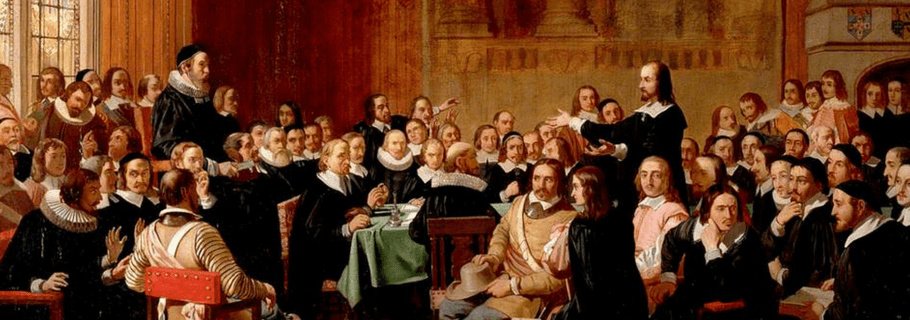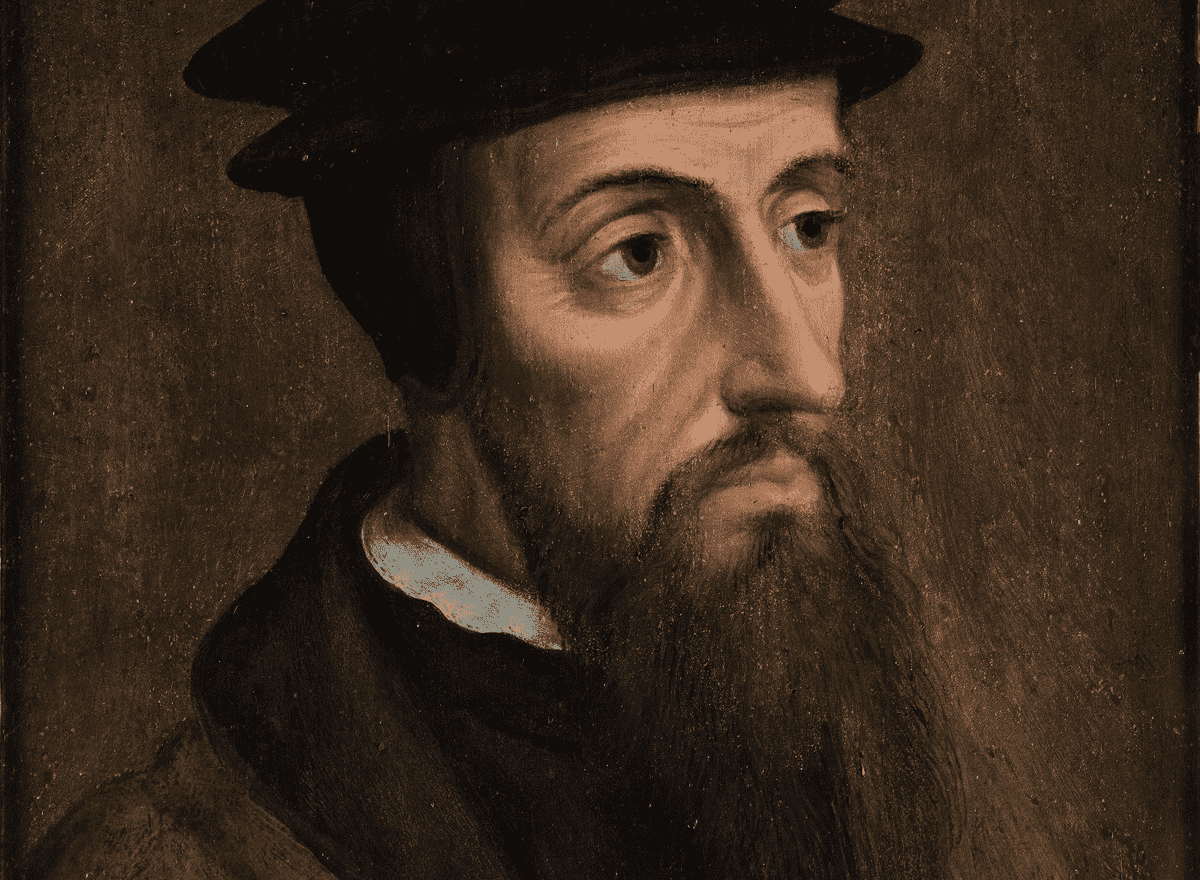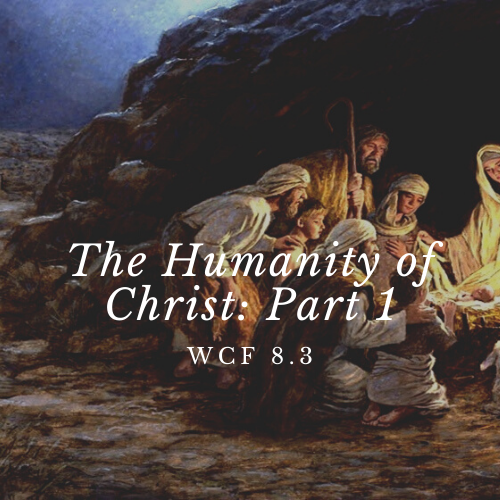
Take Up & Read
Search By Category
- Abraham 1
- Affliction 2
- Anthropology 1
- Atheism 1
- Baptism 1
- Biblical Counseling 8
- Calvinism 2
- Canon 2
- Christian Life 17
- Church Discipline 2
- Church History 4
- Confessionalism 3
- Confessions of Fatih 4
- Covenant Theology 4
- Culture 3
- Devotional 36
- Doxology 4
- Election 2
- Evangelism 6
- Exegetical Studies 6
- Family Worship 2
- Fear of Man 1
- Genesis 1
- Global Missions 1
- God 3
- God's Sovereignty 2
- Government 1
- Hamartiology 1
- Hermeneutics 9
- Historical Books 1
- History 1
- Incarnation 1
- Jesus Christ 4
- John Bunyan 1
- Justification 2
- Liturgy 9
- Old Testament 1
- Origins 1
- Pentateuch 1
- Podcast 32
- Prayer 2
- Psalm 119 34
- Reformation History 1
- Repentance 1
- Resurrection 2
- Romans 8:28 1
- Sacraments 2
- Sermon Manuscript 10
- Sin 3
- The Gospels 1
The Adopting Act of 1729 - Part 3
As with any major shift in church polity, there were unforeseen issues. The church rejoiced in the nature of the compromise, and the fact that the denomination did not fall to pieces. But there was still the issue of clarity in the Act and how it would be applied.
The Adopting Act of 1729 - Part 2
At the general assembly of 1728, John Thomson forced the issue by putting forward an overture to adopt the Westminster Standards as the governing body of the Presbyterian church.
The Adopting Act of 1729 - Part 1
This issue of denominational identity was a contentious one for the Presbyterians who traced their roots back to Calvin’s Geneva, Knox’s Scotland, and the Puritan nonconformists in the Church of England.
Adam And Eve Were Never Perfect
There’s a common misnomer applied to Adam and Eve regarding their pre-Fall nature, and you’ve probably heard it before. The statement is that before the Fall, Adam and Eve were “perfect”.
Augustine’s Philosophy of History in the City of God
When considering what Augustine set out to do when he wrote the City of God one must realize he was not actually trying to write a historical account of the sacking of Rome or even its implications.
A Brief Introduction to the Life of Calvin (Part 5 of 5) - 5 Min Read
Geneva had not fared well in Calvin’s absence. They had expelled many of the preachers who supported Calvin, and there was constant infighting and even calls to return to Rome.
A Brief Introduction to the Life of Calvin (Part 4 of 5) - 4 Min Read
Often the things that are most painful cause the most growth. Calvin was unceremoniously kicked out of Geneva in 1538, and honestly, he deserved it.
A Brief Introduction to the Life of Calvin (Part 3 of 5) - 6 Min Read
When Calvin arrived in Geneva the Reformation had just penetrated her walls. William Farel was a gifted speaker who could move a crowd, however, his tone was harsh and his personality abrasive.
Prayer is Absolutely Amazing
Prayer is one of the greatest privileges for Christians. It is a poignant reminder that we are not only set apart as holy by the Lord but that we can come to Him with thanksgiving, issues, concerns, or needs at any moment.
A Brief Introduction to the Life of Calvin (Part 2 of 5) - 4 Min Read
Calvin continued his studies bouncing between Paris and Orleans, and in 1533 experienced a sudden conversion and saw the corruption of the papacy and the Roman Catholic Church.
Sometimes the Humble Response is Simply, “Thank You.”
Saying “thank you” isn’t building yourself up in a tower of pride, it is humbly responding to truths that are only true because of what Christ has done for you.
A Brief Introduction to the Life of Calvin (Part 1 of 5) - 4 Min Read
Whatever one's view of Calvin, there is no denying that this "complicated" man had a major influence on the development of the Protestant church and theology for years to come.
Jeremiah Burroughs and the Rare Jewel of Christian Contentment - (10 Min Read)
The development of Jeremiah Burroughs’ doctrine of Christian contentment did not occur in a vacuum. His life circumstances forced him to face the issue of being content in this world.
Truly Man Part 1: The Road to Chalcedon
The humanity of Christ is essential to our salvation. That may seem like a given. After all, how could we be redeemed and then represented by One who doesn’t share our nature? Besides, it’s “obvious” in our time that Jesus was human. Everyone, apart from the ignorant or intellectually dishonest, agrees that Jesus was a human who lived some 2000 years ago in the Roman province of Palestine.
Three Changes Following Conversion
The world is not as it should be. No surprises there. After all, looking at the front page of any news outlet immediately reveals how messed up things are. How is it, then, that a large percentage of Westerners believe that there is no such thing as absolute truth?















